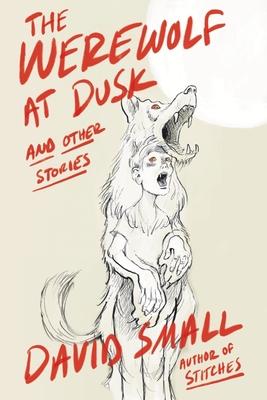Eerily striking and mesmerizing, the three stories in this collection are linked, as Small writes, by the dread of things internal. In the title story, an adaptation of Lincoln Michel's classic short piece, the dread is that of a man who has reached senility with something repellant in his nature. He--an impotent werewolf, no longer able to hunt--confronts the terror of obsolescence. What do I even look like now, he wonders, when the full moon draws out the wolf inside me? The specter of old age also haunts the semiautobiographical story "A Walk in the Old City." Brain matter cascades and spiders loom as a psychoanalyst, self-assured in his practice, wanders along empty streets, reality warping into the irrational with the insouciance of a dream.
In the final story, a reinterpretation of Jean Ferry's "The Tiger in Vogue," this dreamscape gives way to the ominous environs of Berlin in the 1920s. When a peaceful evening at the music hall is interrupted by a garish surprise act, only the protagonist seems to notice. Yet he, too, is transfixed by the performance, watching as a little man with a moustache, pale skin, and tired eyes wills a tiger into submission. With its sharp lines and vibrant blues and oranges, the artwork recalls Edvard Munch's anguished The Scream, likewise capturing the moment--the dread--before disaster.
As fluid as Japanese manga and rife with unsettling imagery, Werewolf at Dusk is a testament to the singular dark genius of David Small.
